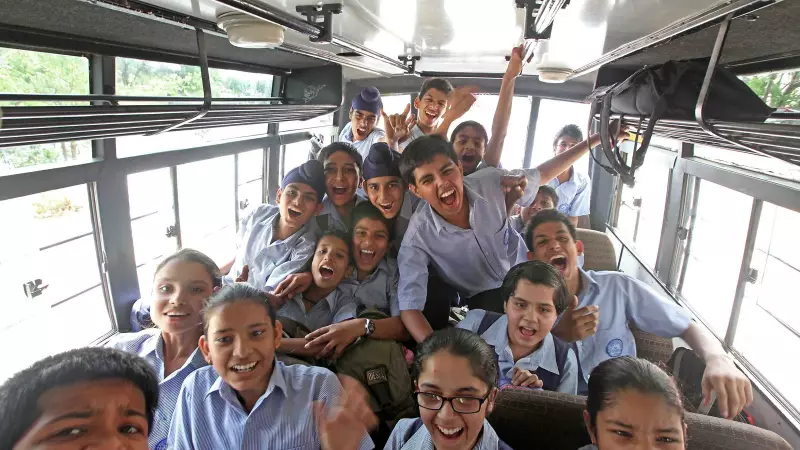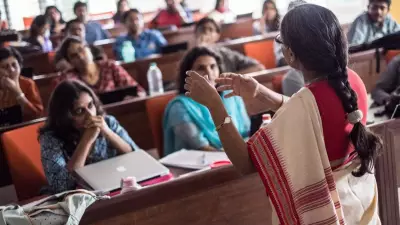
In a significant clarification that addresses growing concerns among educators and parents, Kerala Education Minister V Sivankutty has firmly stated that the state's school curriculum will remain entirely unaffected despite the recent signing of a Memorandum of Understanding (MoU) with the central government's PM SHRI scheme.
The announcement comes amid speculation that accepting funds under the central government's flagship school development program might lead to changes in Kerala's state-specific educational framework. Minister Sivankutty categorically dismissed these apprehensions, reinforcing the state's commitment to preserving its unique educational identity.
Preserving Educational Sovereignty
Kerala will maintain complete control over its curriculum structure, teaching methodologies, and academic content without any interference from the central scheme. The minister emphasized that the state's educational policies, developed through extensive research and tailored to local needs, would continue unchanged.
"Our curriculum reflects Kerala's social, cultural, and educational priorities," Sivankutty stated. "The PM SHRI scheme partnership is purely about infrastructure development and resource enhancement, not curriculum modification."
Understanding the PM SHRI Partnership
The PM Schools for Rising India (PM SHRI) scheme aims to develop and upgrade nearly 15,000 schools across India, transforming them into model institutions that embody the principles of the National Education Policy (NEP) 2020. However, Kerala's participation comes with clear boundaries regarding curriculum autonomy.
- Infrastructure Focus: Funds will be utilized for improving school facilities, digital infrastructure, and learning resources
- No Curriculum Interference: The state's existing syllabus and teaching methods remain protected
- Selective Implementation: Kerala will adopt only those aspects that align with state educational priorities
Balancing Cooperation and Autonomy
The Kerala government's approach demonstrates a careful balancing act – welcoming central financial support for educational development while safeguarding the state's educational sovereignty. This position reflects Kerala's longstanding commitment to maintaining its distinctive educational character while participating in national initiatives.
"We believe in cooperative federalism," the minister explained, "but not at the cost of compromising our educational values and the specific needs of our students."
The clarification has brought relief to educational stakeholders across the state who value Kerala's progressive curriculum and were concerned about potential changes. The assurance maintains Kerala's position as a state that carefully navigates its relationship with central schemes while protecting its educational identity.





